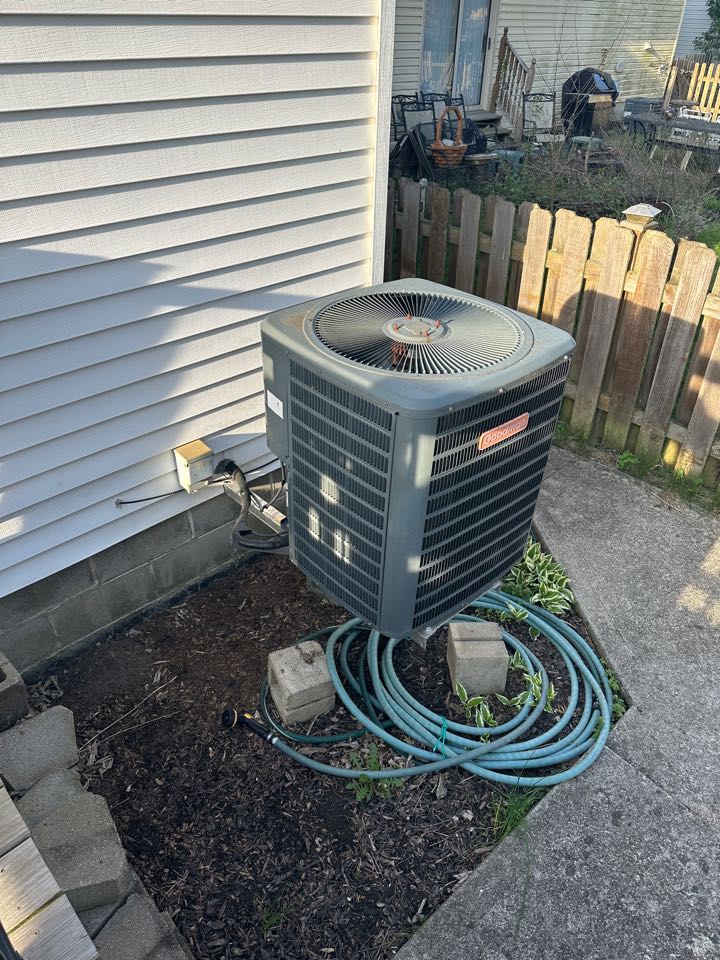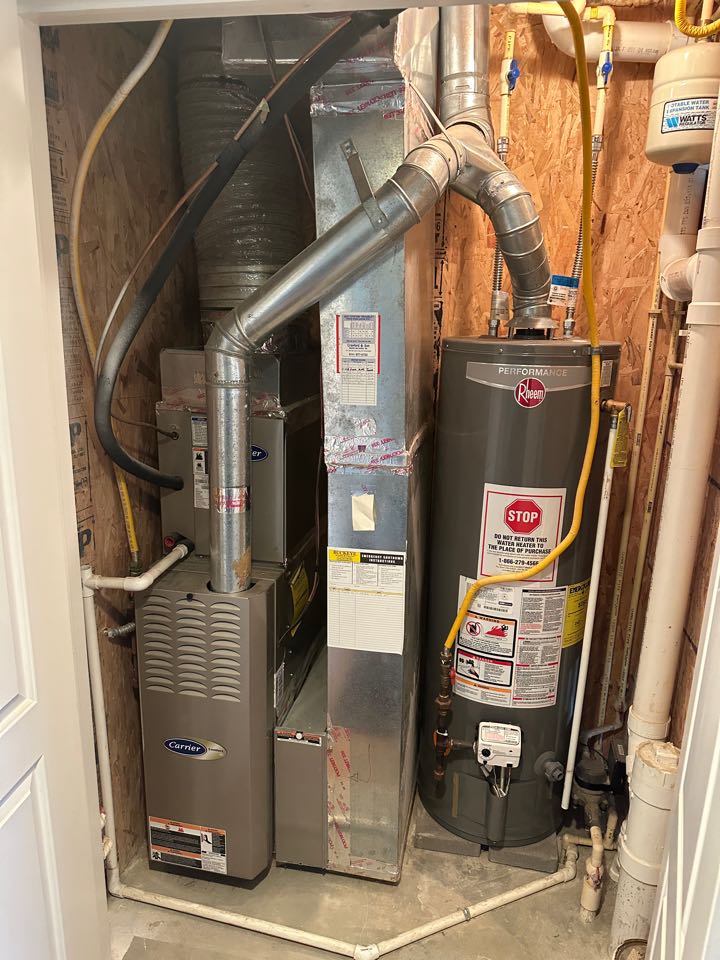
How Cold Is Too Cold For My Heat Pump?
Heat Pumps are highly efficient units but they do come with some drawbacks when the weather gets really cold.
Heat Pump systems are highly efficient units but they do come with some drawbacks when it comes to cold temperatures.
Will My Heat Pump Work When It’s Cold Out?
This is a somewhat 2 part answer.
The short answer would be yes, it will heat your home in cold weather.
The tricky part is exactly how cold does it have to be before your heat pump just cant keep up?
Let’s take a look.
Heat Absorption
Your heat pump heats your home by absorbing the heat in the outside air and transferring this heat indoors.
It is basically working as an air conditioner in reverse through the use of refrigerant.
This is great during heating season when there is some heat in the air for it to transfer, but when temps drop below freezing, the efficiency of your heat pump begins to suffer.
In most cases, a heat pump will not operate efficiently when temperatures are between 25 and 40 degrees Fahrenheit.
This is why you have what is called “auxiliary heat” or “emergency heat” when you have a heat pump.
This auxiliary heat comes in the form of a furnace inside your home (electric or gas) and it takes over for your heat pump unit when it just can’t keep up with the low outdoor temperatures.
Emergency Heat Source
When the temps outside begin to drop below freezing, your thermostat should automatically switch from your heat pump to your auxiliary heat due to the loss of efficiency in it heating your home.
Now, this can be customized to switch at a certain level, but most thermostats are smart enough to know when to switch over themselves.
Auxiliary heat normally comes in two different forms: gas or electric.
- Gas furnaces are by far the most efficient heating option in below freezing temperatures. By having a gas furnace as your back up heat source, you will have no issues keeping your home warm during freezing temperatures. Gas furnaces are also able to heat much hotter than electric furnaces and generally make the home feel warmer.
- If you don’t have access to a natural gas or propane source, an electric furnace is another option for auxiliary heat. The largest downside to electric furnaces is that they can be notoriously expensive to run in freezing temperatures and they also do not heat as well as their gas counterparts.
Some people that refuse to switch to auxiliary heat will set their thermostats to run their heat pump until it just can’t heat anymore.
This can sometimes place undo stress on the system and result in needing a heat pump repair to get it working again.
Ice Formation on Heat Pump
It’s worth noting that during the winter months, you may notice some ice or frost formation on your heat pump.
This is totally normal. Your heat pump actually has a “Defrost” mode that it will go through to remove the frost from the refrigerant coils.
However, if you notice a continual build up of ice or frost on your unit and it never goes away, it’s definitely time to call a professional for service.
Continuing to run your heat pump with large amounts of ice or frost on it (see picture below) can cause eventual damage to your system.














